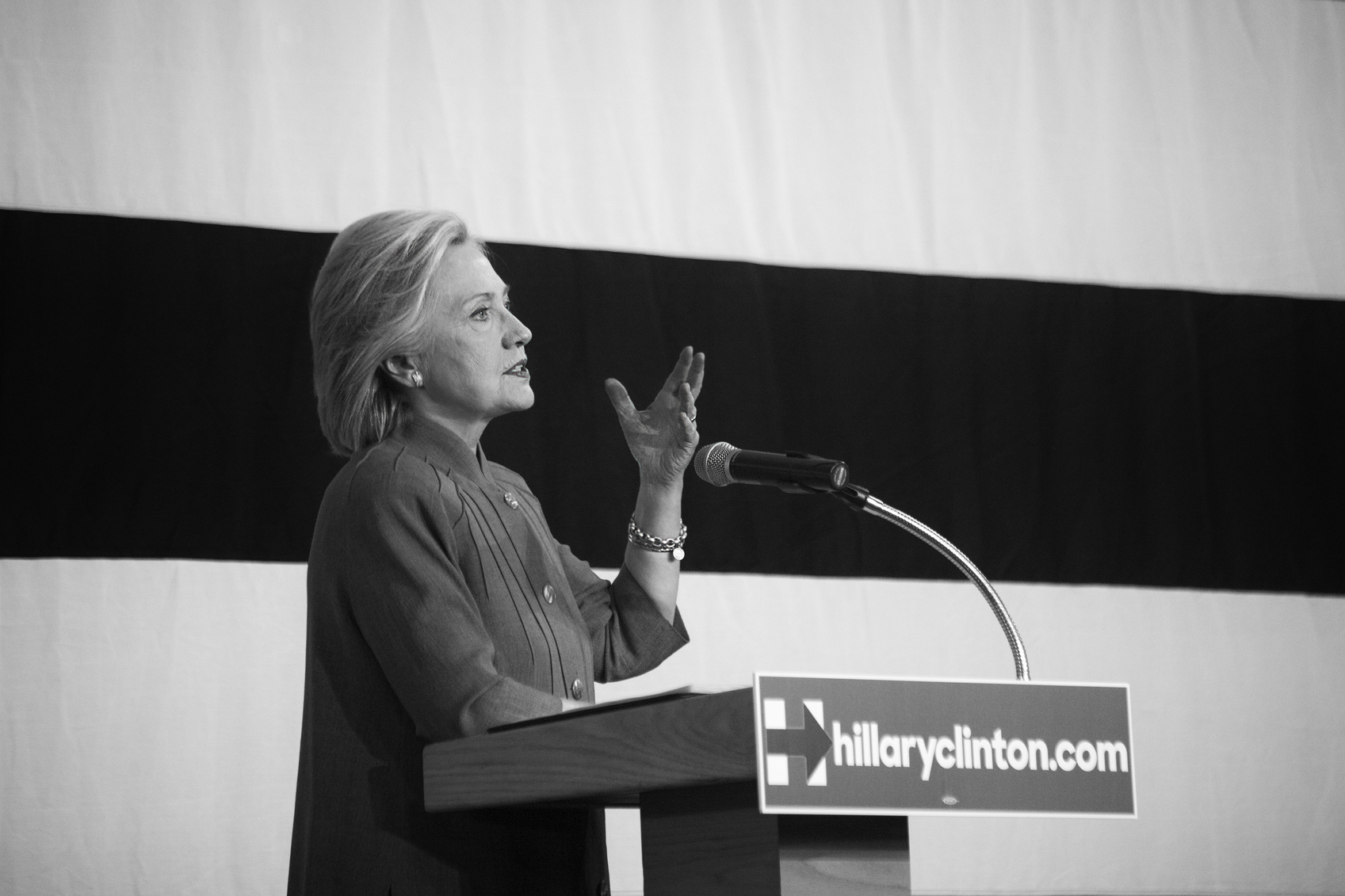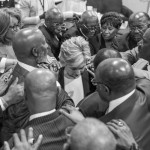
Since the outbreak of World War I, throughout the 20th century and into the new millennium, the United States has been highly ranked on the global stage economically, socially, and developmentally. The U.S. is a world superpower and global hegemon, attaining capabilities in central intelligence, military, and international relationships unmatched by any other country in the world. The future of the U.S.’s position in the world and the question of whether or not the U.S. will maintain hegemonic power in the upcoming decade is answered by who we choose as our next president.
The primaries have revealed the two leading candidates for their respective parties, and now the country must choose who they see best fit for the highest job at stake. Many aspects make this election unique. We have a celebrity non-politician running against a woman with an extensive resume. These are two unprecedented choices for the American people. But this is not the only thing that makes this year different from past presidential election cycles.
Today, the U.S. and the rest of the world are faced with a threat from ISIS, a terror group that has carried out dozens of attacks against innocent civilians in many different countries including here in the U.S., Belgium and France, as well as hundreds more attacks in the Middle East. The national security and grand strategy plans for dealing with this threat have become a top priority and major issue in this election.
The U.S. holds hegemonic power for many reasons, including our strong military, our stable economy, and the many multinational corporations that came to prominence in the U.S. Another major reason, and probably the most valued today, is our advanced central intelligence and technological capabilities, which are both extremely useful in the fight against ISIS. These extensive intelligence resources enable the U.S. to not only predict and stop multiple attacks on our home soil each day, but they allow us to help our allies in stopping these attacks overseas as well.
Alliances are also key to U.S. hegemony. While having a strong economy and a powerful military make us influential in the international arena, it is our strong diplomatic foreign relations with dozens of countries that make the U.S. a superpower in today’s world. It is therefore essential that we elect a president who not only understands and values these global partnerships and relations, but who is committed to maintaining them for many years to come.
The future of the U.S. sees two very different paths based on who we elect as our next president in November. With Hillary Clinton, we would be electing someone who does in fact understand the value and importance of working with our allies to put an end to terror. She sees international affairs as key to maintaining U.S. hegemony.
The other option is Donald Trump, who has little understanding of how the U.S. should act in the world, claiming we should become more isolated from our neighbors, even to the point of leaving NATO, a group of some of our strongest allies abroad.
At a time where terror is a major threat to national security, having a president with diplomatic experience and who understands how to act on an international stage is crucial. We cannot afford more adversaries.
When a president is elected, they derive something called a ‘grand strategy,’ a thoughtful plan on how to deal with domestic and foreign issues. Global affairs writer, Jeremi Suri, defines ‘grand strategy’ as “making sense of complexity; it is the wisdom to make power serve a useful purpose.” It is important for us to keep in mind each presidential candidate’s grand strategy when going to the polls to cast our vote.
Trump most likely would abuse the power inherited by the president. His proposal for U.S. isolation shows that he would not make useful purpose of power. He doesn’t understand how the U.S. must act on the world stage and how our alliances are part of what make us great and a leader internationally.
But Hillary gets it. Having been the U.S. Secretary of State, she has experience with the international system and how to act diplomatically with other countries.
Our alliances and friendships with other countries are essential to our country’s flourishing. At a time in history where the world must come together to end terror and eliminate the threat posed by groups such as ISIS, maintaining and even strengthening our global relationships will mean more security and prosperity for the U.S. and continue our position as a global hegemon.
 Alexis Mozeleski is an Intern at Eleison Group, a faith-basedpolitical, governmental, and non-profit consulting firm. She is a rising sophomore at Connecticut College, majoring in International Relations and minoring in Arabic Studies. Alexis is from Washington, D.C., where she currently lives.
Alexis Mozeleski is an Intern at Eleison Group, a faith-basedpolitical, governmental, and non-profit consulting firm. She is a rising sophomore at Connecticut College, majoring in International Relations and minoring in Arabic Studies. Alexis is from Washington, D.C., where she currently lives.












